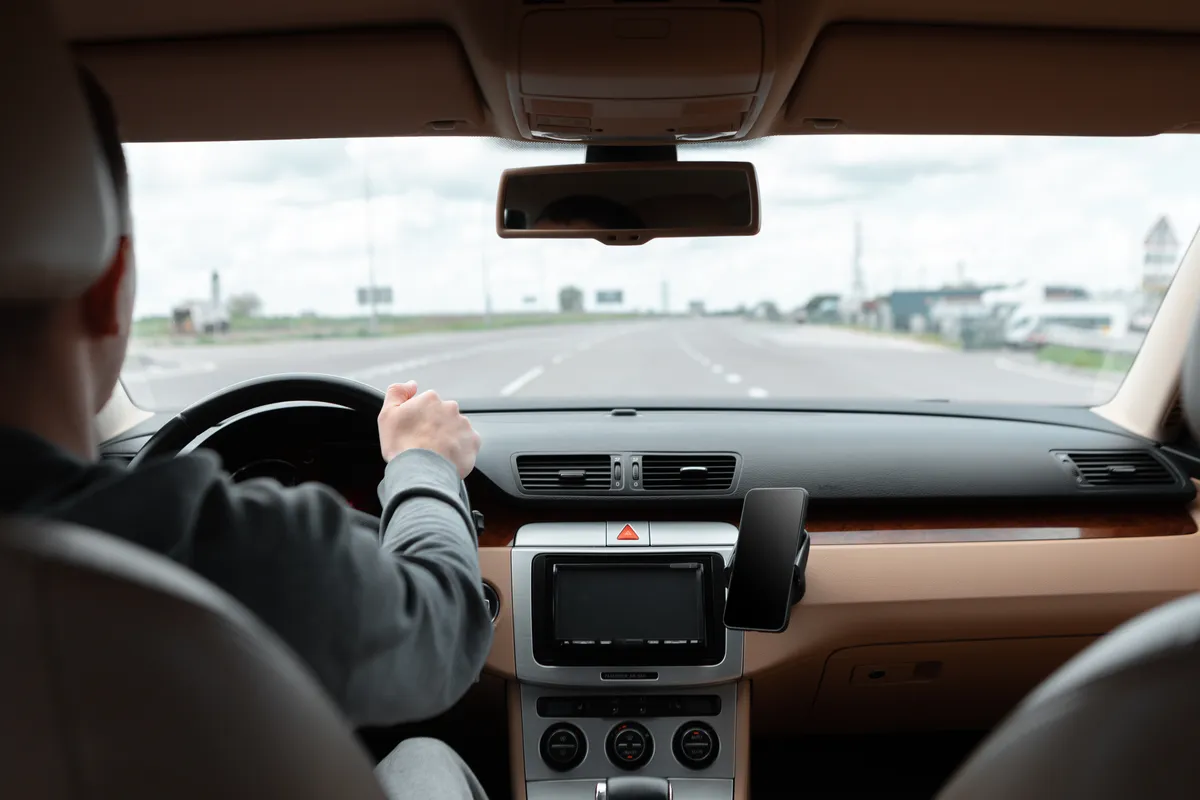4 min read time
Summary
In the United States, driving is a privilege and not a right.
Table of Contents

Is Driving a Right or a Privilege
The United States Supreme Court has stated that driving is not a part of any constitutional rights but a regulated activity.
Meaning that driving is a privilege and not a right in the United States.
In addition to stating that driving is a privilege and not a right, the Supreme Court has also upheld state governments' ability to impose driving laws on licensing as a matter of public safety in Reitz v. Mealey (1941).
However, while the Supreme Court affirms driving as a privilege, the ability to travel is considered a constitutional right.
What Does Driving Being a Privilege Imply
As driving is not outlined in the U.S. fundamental rights, certain factors apply to it, such as how you must follow standards and rules set by your state government to maintain driving privileges.
Can Face Penalties
If you break laws or regulations on public roads while using your driving privileges, you can face numerous punishments ranging in severity.
Such punishments a licensed driver could face include:
- License Suspension: Your driving privilege may be revoked if you commit negligent or criminal actions such as reckless or impaired driving. In addition, your license could be suspended if you accumulate 12 or more demerit points in the state of Nevada.
- Fines: Traffic violations such as speeding or running stop signs could result in you being served a traffic ticket, which could go as high as $500 in Nevada.
- Civil Suits: If your dangerous driving causes a car accident, you may face civil lawsuits filed by other road users. This could result in various complications, such as increased insurance rates, so it's crucial that if you find yourself in such a situation, you schedule a free consultation with an experienced attorney.
You Have Responsibilities While Driving
Your driving privileges come with responsibilities that you are legally required to abide by.
Such responsibilities you must keep in mind when expressing your driving privilege are:
- Adhering to Traffic Laws: Compliance with traffic signals and speed limits is a responsibility you must follow and is essential for road safety.
- Following Insurance Requirements: All but two U.S. states require drivers to carry a minimum auto insurance policy.
- Keeping Your Vehicle Up to Standard: Any motor vehicle on a public road must receive regular maintenance for vitals such as brakes, lights, and tires.
How Can You Protect Your Driving Privileges
Protecting your driving privilege should be a top priority, especially if your job or education relies on you being able to commute freely and quickly.
Ways you can protect your given privilege to drive are:
- Follow Traffic Laws: Adhering to traffic laws is one of the best ways to maintain your privilege to drive.
- Keep Up to Date on Vehicle Registration: Keep all motor vehicles under your name up-to-date on their registration.
- Promptly Handle Traffic Tickets: To avoid complications, you should pay any fines you receive for traffic offenses quickly.
- Be Mindful of Demerit Points: If you have recently violated any traffic laws, it's recommended that you check the number of demerit points on your driver's license. Receiving more than 12 points within 12 months will result in your license being suspended.
- Receive Regular Inspections: Obtain regular vehicle checkups from the manufacturer's auto repair shop to ensure complete vehicle safety and avoid potential car accidents.
- Practice Defensive Driving: Knowing how to drive defensively can help prevent car crashes, which could result in fines, lawsuits, or suspension of your license.
- Keep Up with New Traffic Laws: Follow any new traffic laws your state may pass to ensure proper compliance. Those in the Las Vegas area can refer to the Nevada Revised Statutes for existing or new laws.
What Is the Difference Between a Right and a Privilege
The terms "right" and "privilege" have entirely different meanings in common law.
Understanding the difference is key when differentiating between things outlined in rights and those outlined in privileges.
Rights
In the U.S., a right is a fundamental entitlement granted to individuals by being human.
Rights are inherent by all, do not differ by jurisdiction, and cannot be taken away without due process.
Common examples of rights are:
- Right to the freedom of speech
- Right to religion
- Right to life and liberty
Privileges
A privilege is a benefit or advantage that must be earned or granted. In addition, to need to be earned or granted, certain privileges may not be available to all based on a person's specific circumstances.
Privileges can be revoked or restricted and are often governed by a set of federal and local laws.
Examples of privileges are:
- Driving a motor vehicle
- Holding a professional license
Is There a Difference Between Traveling and Driving?
While driving is commonly affiliated with traveling, they are completely different regarding their legal meaning.
Traveling
Traveling is the act of moving from one place to another, regardless of the transportation used.
In the U.S., traveling is a constitutional right outlined in the Freedom of Movement, which states that:
"Everyone has the right to freedom of movement and residence within the borders of each state."
Driving
Driving is the act of operating a vehicle in a public area. Unlike traveling, which is outlined in basic human rights, driving is a regulated privilege that can be restricted or revoked.
Those with the privilege to drive may face strict scrutiny if they violate any laws referring to driving.
Obtain the Compensation You're Entitled To
Contact Us Today
Rodney Okano Car Accident Lawyer is a Las Vegas personal injury law firm with over 20 years of experience helping clients obtain maximum compensation following injuries from accidents such as car crashes, worksite injuries, and slips and falls. Over those years, The Rodney Okano Car Accident Lawyer Law Firm has become an experienced law firm that can ensure exceptional results for any of its clients.





